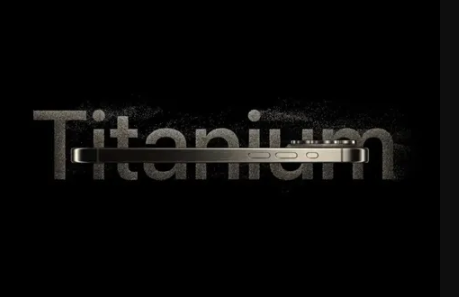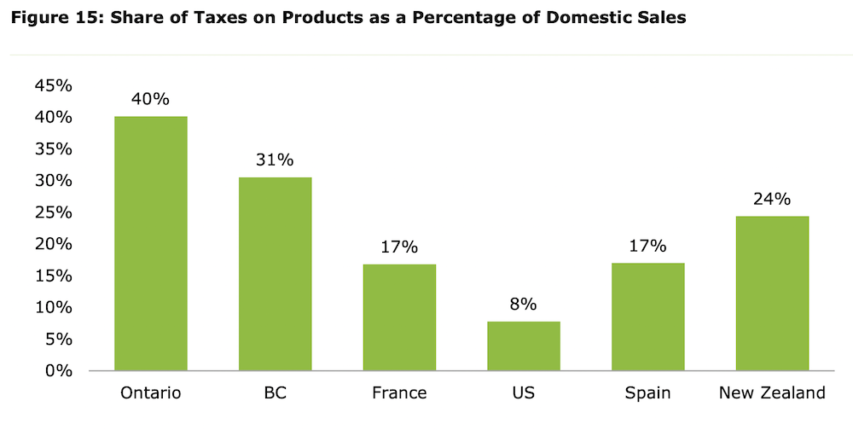Freddie deBoer thinks we’re living off the diminishing fumes of a much more innovative and dynamic era:
I gave a talk to a class at Northeastern University earlier this month, concerning technology, journalism, and the cultural professions. The students were bright and inquisitive, though they also reflected the current dynamic in higher ed overall – three quarters of the students who showed up were women, and the men who were there almost all sat moodily in the back and didn’t engage at all while their female peers took notes and asked questions. I know there’s a lot of criticism of the “crisis for boys” narrative, but it’s often hard not to believe in it.
At one point, I was giving my little spiel about how we’re actually living in a period of serious technological stagnation – that despite our vague assumption that we’re entitled to constant remarkable scientific progress, humanity has been living with real and valuable but decidedly small-scale technological growth for the past 50 or 60 or 70 years, after a hundred or so years of incredible growth from 1860ish to 1960ish, give or take a decade or two on either side. You’ve heard this from me before, and as before I will recommend Robert J. Gordon’s The Rise & Fall of American Growth for an exhaustive academic (and primarily economic) argument to this effect. Gordon persuasively demonstrates that from the mid-19th to mid-20th century, humanity leveraged several unique advancements that had remarkably outsized consequences for how we live and changed our basic existence in a way that never happened before and hasn’t since. Principal among these advances were the process of refining fossil fuels and using them to power all manner of devices and vehicles, the ability to harness electricity and use it to safely provide energy to homes (which practically speaking required the first development), and a revolution in medicine that came from the confluence of long-overdue acceptance of germ theory and basic hygienic principles, the discovery and refinement of antibiotics, and the modernization of vaccines.
Of course definitional issues are paramount here, and we can always debate what constitutes major or revolutionary change. Certainly the improvements in medical care in the past half-century feel very important to me as someone living now, and one saved life has immensely emotional and practical importance for many people. What’s more, advances in communication sciences and computer technology genuinely have been revolutionary; going from the Apple II to the iPhone in 30 years is remarkable. The complication that Gordon and other internet-skeptical researchers like Ha-Joon Chang have introduced is to question just how meaningful those digital technologies have been for a) economic growth and b) the daily experience of human life. It can be hard for people who stare at their phones all day to consider the possibility that digital technology just isn’t that important. But ask yourself: if you were forced to live either without your iPhone or without indoor plumbing, could you really choose the latter? I think a few weeks of pooping in the backyard and having no running water to wash your hands or take a shower would probably change your tune. And as impressive as some new development in medicine has been, there’s no question that in simple terms of reducing preventable deaths, the advances seen from 1900 to 1950 dwarf those seen since. To a remarkable extent, continued improvements in worldwide mortality in the past 75 years have been a matter of spreading existing treatments and practices to the developing world, rather than the result of new science.
ANYWAY. You’re probably bored of this line from me by now. But I was talking about this to these college kids, none of whom were alive in a world without widespread internet usage. We were talking about how companies market the future, particularly to people of their age group. I was making fun of the new iPhone and Apple’s marketing fixation on the fact that it’s TITANIUM. A few of the students pushed back; their old iPhones kept developing cracks in their casings, which TITANIUM would presumably fix. And, you know, if it works, that’s progress. (Only time and wear and tear will tell; the number of top-of-the-line phones I’ve gone through with fragile power ports leaves me rather cynical about such things.) Still, I tried to get the students to put that in context with the sense of promise and excitement of the recent past. I’m of a generation that was able to access the primitive internet in childhood but otherwise experienced the transition from the pre-internet world to now. I suspect this is all rather underwhelming for us. When you got your first smartphone, and you thought about what the future would hold, were your first thoughts about more durable casing? I doubt it. I know mine weren’t.
Why is Apple going so hard on TITANIUM? Well, where else does smartphone development have to go? In the early days there was this boundless optimism about what these things might someday do. The cameras, obviously, were a big point of emphasis, and they have developed to a remarkable degree, with even midrange phones now featuring very high-resolution sensors, often with multiple lenses. The addition of the ability to take video that was anything like high-quality, which became widespread a couple years into the smartphone era, was a big advantage. (There’s also all manner of “smart” filtering and adjustments now, which are of more subjective value.) The question is, who in 2023 ever says to themselves “smartphone cameras just aren’t good enough”? I’m sure the cameras will continue to get refined, forever. And maybe that marginal value will mean something, anything at all, in five or ten or twenty years. Maybe it won’t. But no one even pretends that it’s going to be a really big deal. Screens are going to get even more high-resolution, I guess, but again – is there a single person in the world who buys the latest flagship Samsung or iPhone and says, “Christ, I need a higher resolution screen”? They’ll get a little brighter. They’ll get a little more vivid. But so what? So what. Phones have gotten smaller and they’ve gotten bigger. Some gimmicks like built-in projectors were attempted and failed. Some advances like wireless charging have become mainstays. And the value of some things, like foldable screens, remains to be seen. But even the biggest partisans for that technology won’t try to convince you that it’s life-altering.















